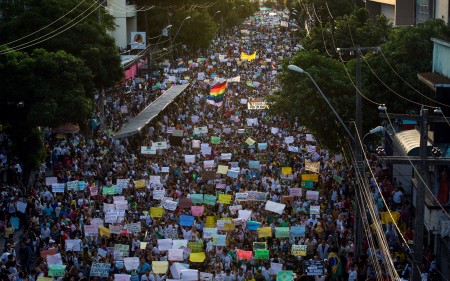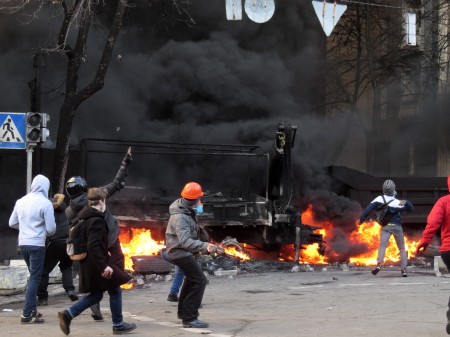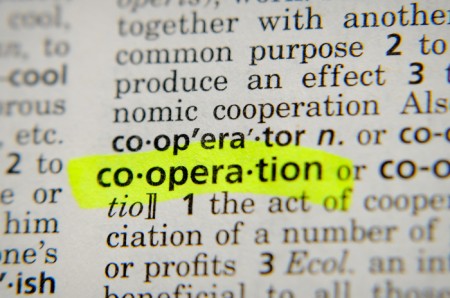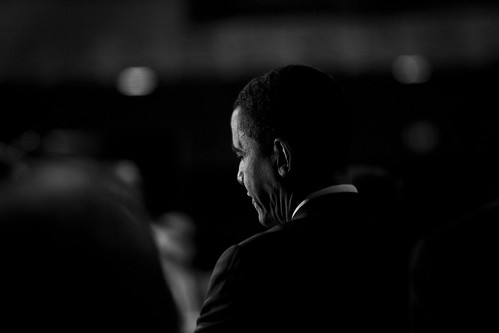
Yet another scandal flooded the pages of newspapers in Ecuador in 2012 and 2013: the former governor of Manabí, César Fernandez, was caught trying to smuggle drugs – and not for the first time. Fernandez had only just been released from prison following a 2003 conviction on the same charges: that time using his connections in the port of Manta, nearby a US military base, to transport drugs for the Sinaloa and Cali cartels.
This is not a one off case, nor is it exclusive to Ecuador. The nexus between illicit networks and politics is a major threat to the integrity and effectiveness of democracy today, and many countries in Latin America are struggling against it. In Colombia, the murky relationship between Members of Congress and organized crime are well known at home and abroad. The parapolítica scandal shook politics at every level, and continues to do so.




